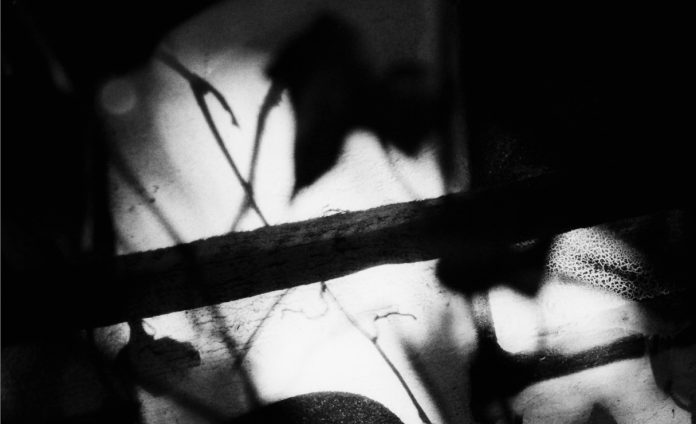A year and half ago, the sight was a sorry one. A man and his son, the father ribbed in sweat, the coked-out shameless shudder of withdrawal, where all the world is invisible, but for the next fix. He was lighting up his crack pipe right there, big as life in the front seats. That story continues here.
There’s a certain streak of behavior I witness out here that tends not to work in the favor of longevity. You see the same activity, sure, but not the same faces; Seattle had 332 fatality overdoses last year, and those souls get wiped aside for–by–others, new kids on the habit, convinced they’re unassailable. But it’s a game of diminishing returns if there ever was one. Unless you’re Keith Richards, William S. Burroughs, or Denise, you tend to disappear after a while.
Six seasons later I’m on the other side of town, watching a guy lift his groceries out of a shopping cart. He knows carts can’t go on buses, and is scrambling to get his bags in hand for the ride. I should help him. I love helping. Who was it who said, “the best way to cheer yourself is to try to cheer somebody else up?”* Jumping out of my seat, I ask, “hey, you need some help?”
“Aw naw, I got it.”
He was the epitome of Joe Average in terms of dress–another neighborhood fella in denim and sweats, mid-forties with the ‘fro cropped close, necklace and sneakers on a casual weeknight. I glanced at his shopping cart. All that remained was a bright green twelve-pack of beer. In my bus uniform I paused. I grinned at him and quipped, “yeah, I guess I probably shouldn’t be seen with the Heineken!”
“Ha!”
He boarded in good spirits, and the ride continued without incident. The following day he showed up again, easy, the lucid smile, mild-mannered: “aww, hey!”
“Heeeey, two days in a row!”
“You’re a good dude,” he said, “God bless you!”
In a fifth of a second I figured it out. That’s who that was. I almost didn’t recognize him, he looked so normal. His life, his year, his struggles and stories and setbacks and triumphs… all of it had to have happened, because here he was now, able to speak, able to focus his eyes. Less than a second had passed, but I felt the tidal wave of confirmation hit me, and the best I could do was stammer out in response, “you too, my guy, you too!”
Walker Percy once posited** that when the same or similar incident happens twice, everything that’s transpired in the interim can be evinced by the subtle differences between the two events. There was no crack pipe tonight, no youthful accomplice, no signs of withdrawal. He was whole. It’s a tough job, this life, and a tougher one when it looks like you’re doomed to be one of those 332 deaths. Tough job walking down the street. Tough job going out for groceries. But he did it.
Did he know I knew? Did anyone else tonight know, what a hero he was? They didn’t know. No one knew. He was just some guy getting on with paper towels and a bag of TV dinners. But I wanted to jump for joy. Rich, coursing respect flooded my veins, deep admiration shaking my head with pride for my fellow man. This is possible. It can be done. The difference between those bus rides a year and a half ago and now represented something colossal. He had made it to the summit.
Congratulations, my friend. You hero. I learn from your strength.
—
*Mark Twain.
**The Moviegoer, first published 1961.
Nathan Vass is an artist, filmmaker, photographer, and author by day, and a Metro bus driver by night, where his community-building work has been showcased on TED, NPR, The Seattle Times, KING 5 and landed him a spot on Seattle Magazine’s 2018 list of the 35 Most Influential People in Seattle. He has shown in over forty photography shows is also the director of nine films, six of which have shown at festivals, and one of which premiered at Henry Art Gallery. His book, The Lines That Make Us, is a Seattle bestseller and 2019 WA State Book Awards finalist.



